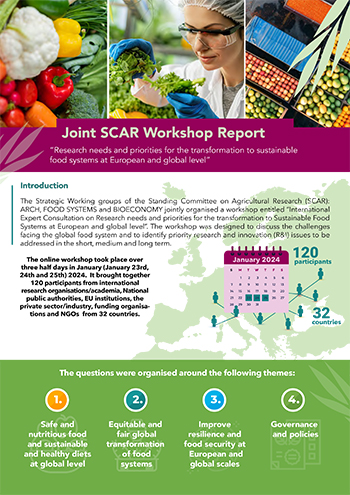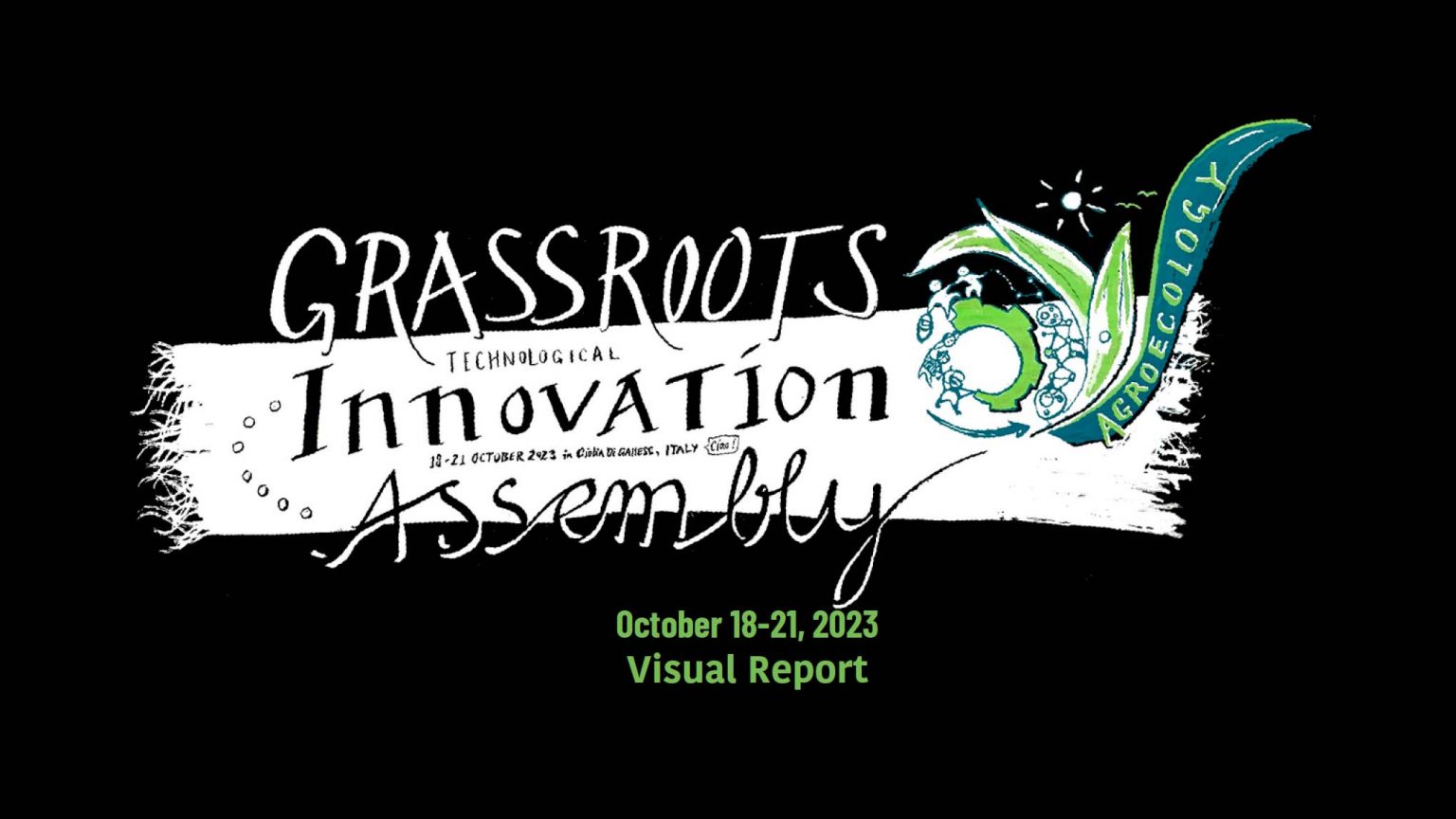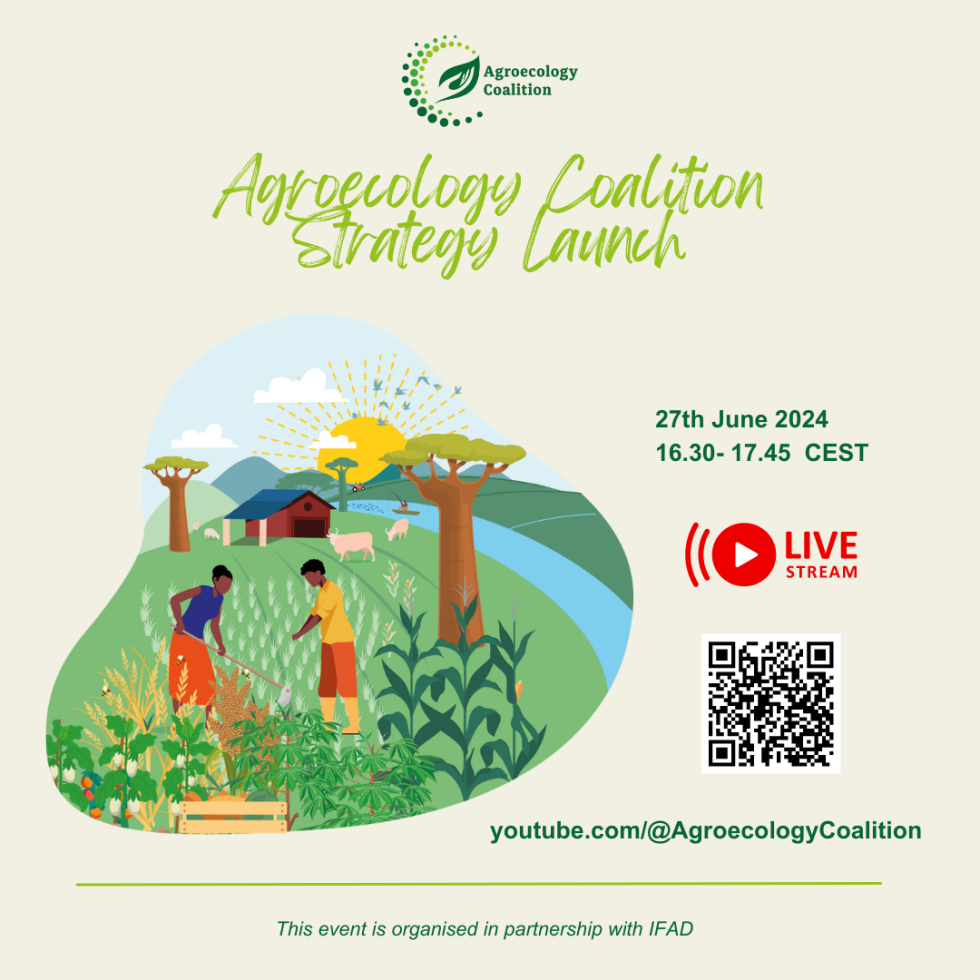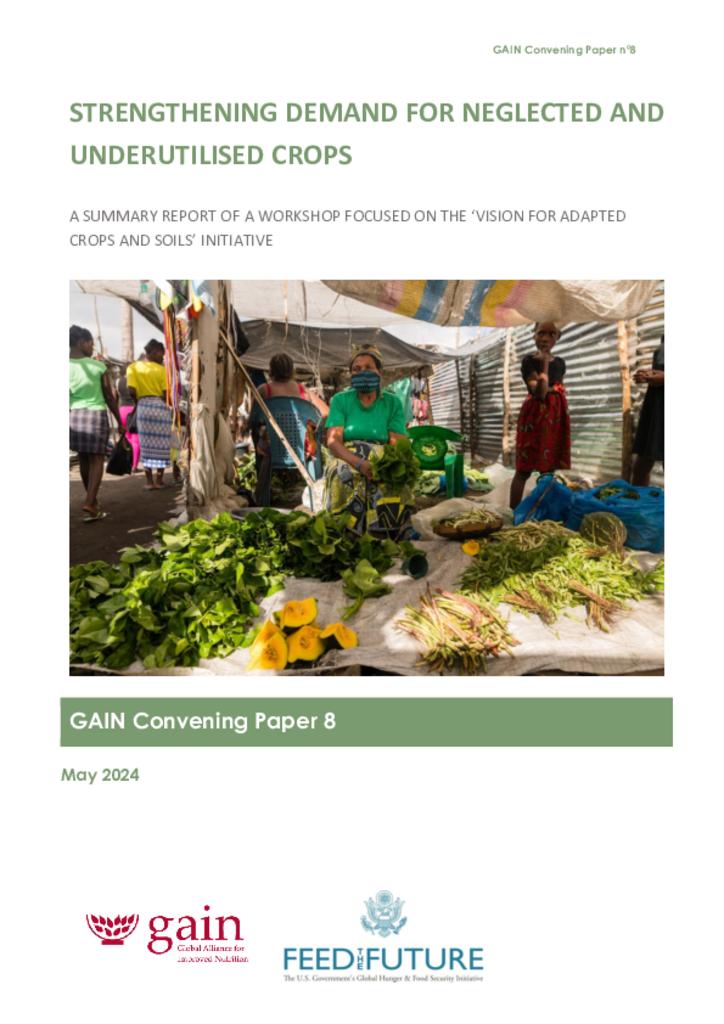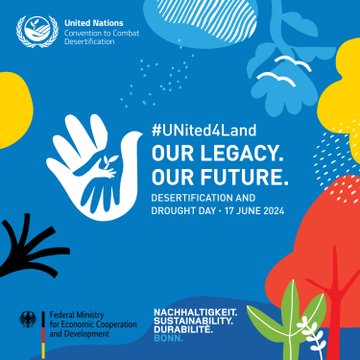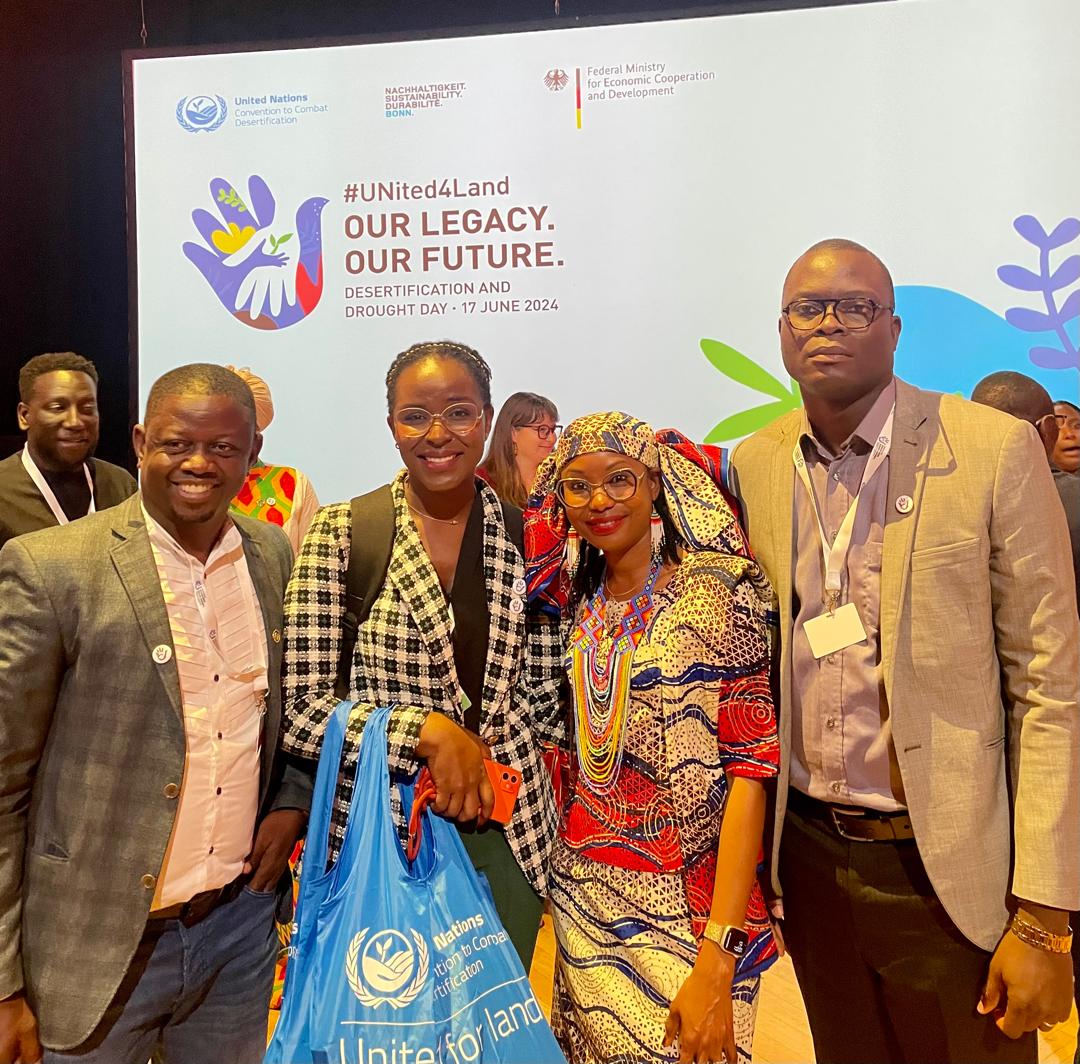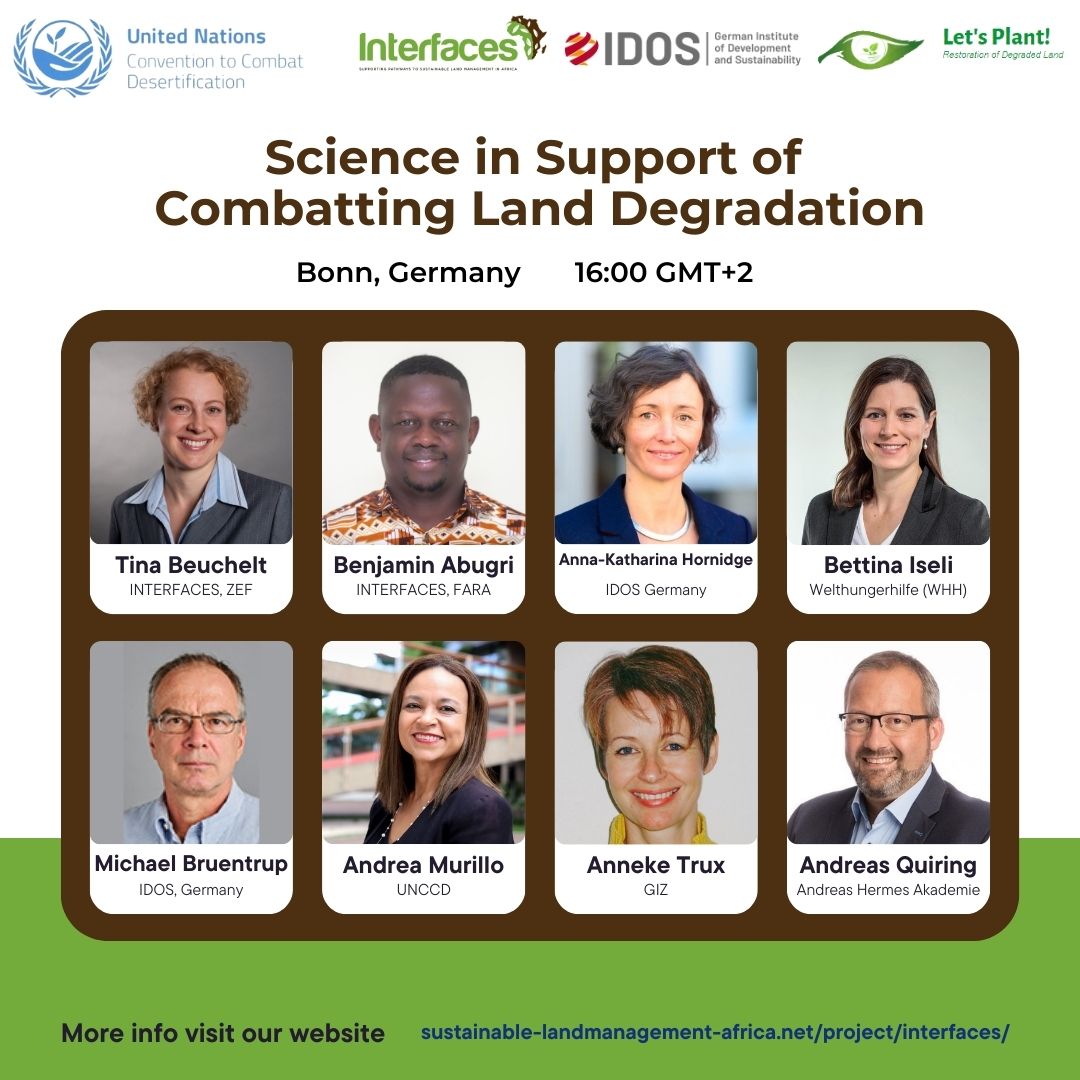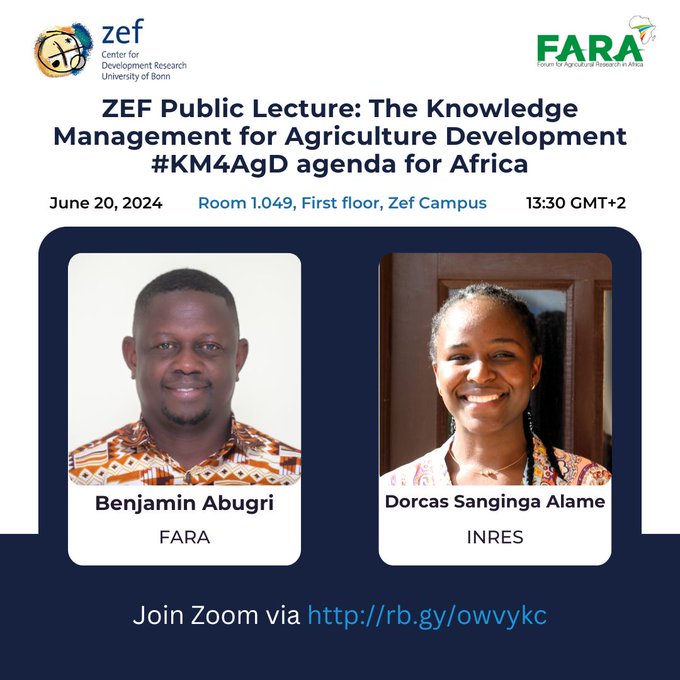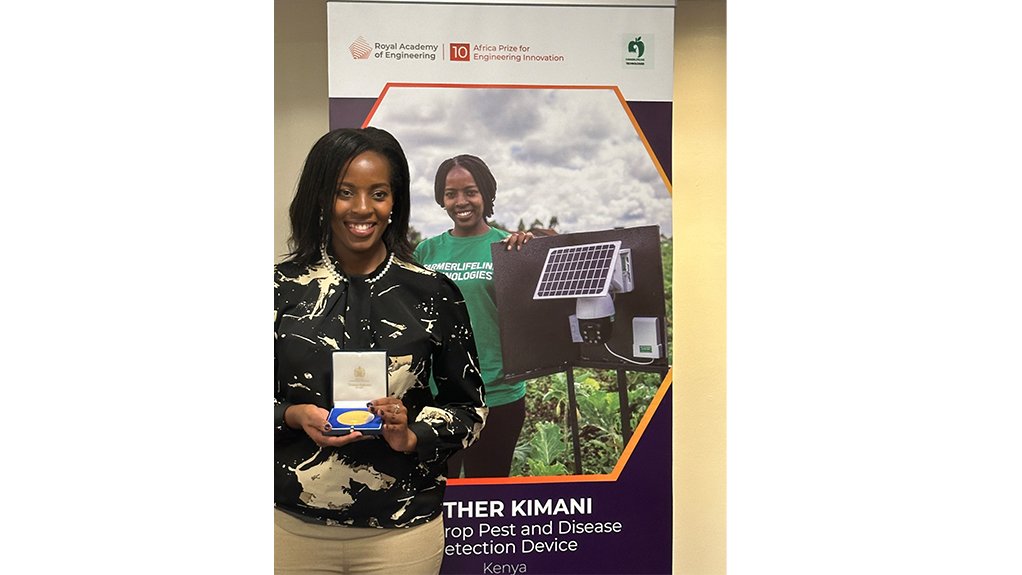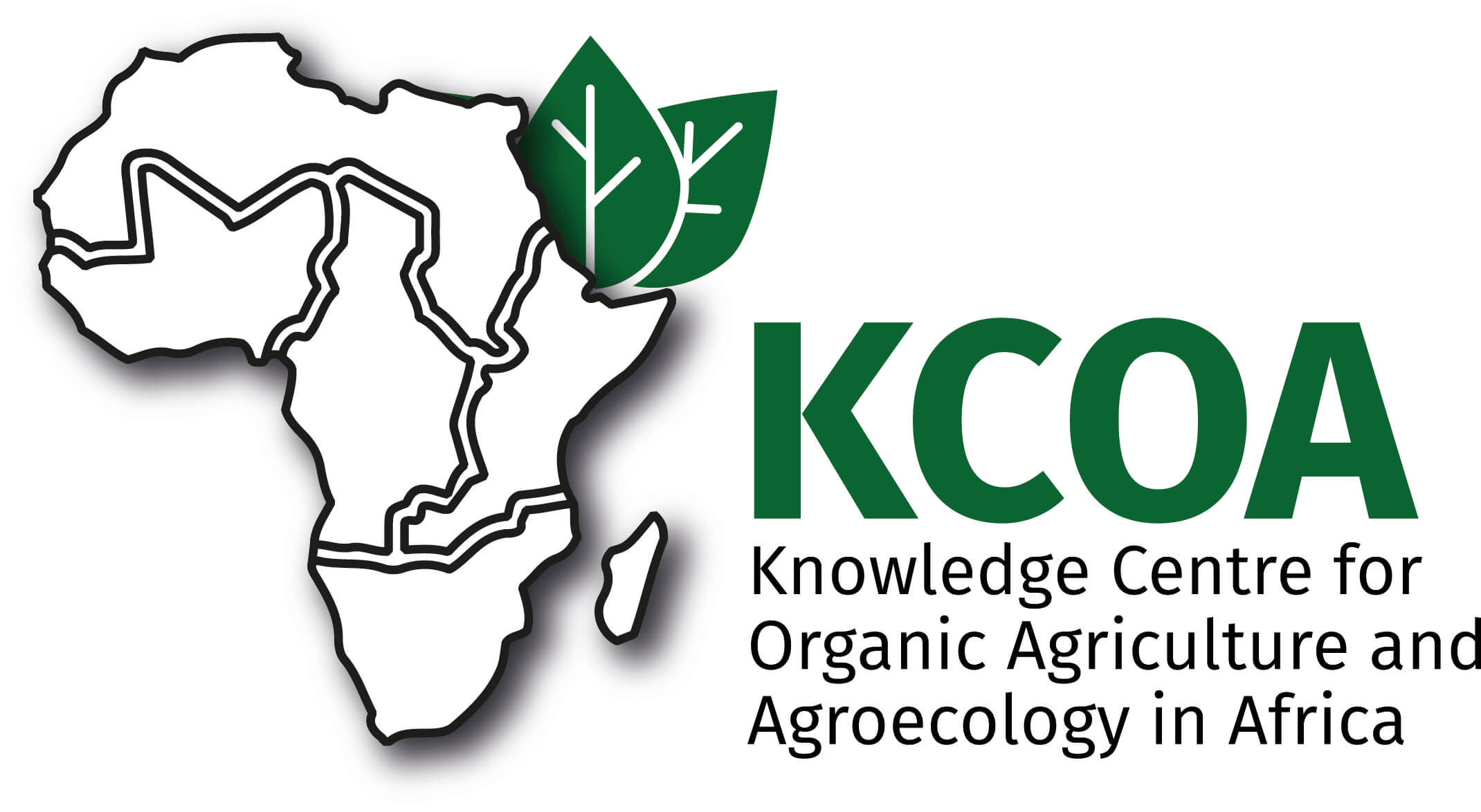Food Systems
- This meeting report was released 26/06/2024
- The workshop was designed to discuss the challenges facing the global food system and to identify priority research and innovation (R&I) issues to be addressed in the short, medium and long term.
- The online workshop took place over three half days in January (23rd, 24th and 25th) 2024. It brought together 120 participants from international research organisations/academia, National public authorities, EU institutions, the private sector/industry, funding organisations and NGOs from 32 countries.
- Related PAEPARD blog post: 22/01/2024 Research needs and priorities for the transformation to Sustainable Food Systems (SFS) at European and global level
Agroecology
- This ambitious strategy results from a year-long consultation with the Coalition’s 300 members and represents a tool to rapidly accelerate the transition to sustainable agroecological food systems by 2030.
- This strategy builds further on the Coalition’s work supporting food systems transformation through agroecology and the implementation of national pathways, elaborated by countries in the frame of the UNFSS. It does so by facilitating co-creation and exchange of knowledge; promoting increased investments in agroecology; supporting market pathways for agroecology; and seeking political engagement and increased commitment to agroecological transformation.
- This knowledge brief aims to provide a set of evidence, based on a large-scale analysis of scientific articles (literature review, meta-analysis, models).
There is a strong theoretical basis and empirical evidence that food security outcomes (availability, access, utilisation, stability) are as good or sometimes even better for agroecological systems than conventional alternatives.
- See Webinar 5 June 2024. Exploring Agroecology: Current Insights and Emerging Research Frontiers
- See Webinar 1 July 2024. InfoPoint Hybrid Conference: Agroecological Transition: The Role of Research in Co-Design and Support of Innovations
- On behalf of BMZ, GIZ implements projects related to agroecology, among others, as part of BMZ’s Special Initiative “Transformation of Agricultural and Food Systems“. The following examples of rural development projects illustrate how transformative pathways are shaped differently by different sets of agroecological principles. Case studies: India Mexico, Global, Africa, Mali
- Related PAEPARD blogpost: GIZ Knowledge Centre for Organic Agriculture and Agroecology in Africa Newsletter + ISAN Magazine Issue 10 (May 2024)
 In 2023, the Global Alliance along with over two dozen philanthropic partners launched an initiative to explore strategies to accelerate and scale agroecology and regenerative approaches. This report explores what's needed to transition a costly global food system into one that is regenerative, renewable, resilient, interconnected, healthy, equitable, and inclusive.
In 2023, the Global Alliance along with over two dozen philanthropic partners launched an initiative to explore strategies to accelerate and scale agroecology and regenerative approaches. This report explores what's needed to transition a costly global food system into one that is regenerative, renewable, resilient, interconnected, healthy, equitable, and inclusive.- The report Cultivating Change calculates the cost of the transition to agroecology and regenerative food systems. The transition will require USD 430 billion annually but right now only USD 44 billion goes towards this. In contrast, nearly USD 630 billion goes annually towards agriculture subsidies, half of which are harmful.
- Related: 4 – 7 June 2024. Location: Arusha, Tanzania. The Cultivating Change Gathering: accelerate regenerative and agroecological food systems transformations
- To establish food systems that are people, nature and climate-positive, we need a clear method that can measure progress and assess whether the agricultural production transformation we need is on track.
- Regen10 has published a first iteration of Regen10’s Outcomes-Based Framework, which follows an analysis of more than 150 existing frameworks, and has been developed through engagement with a diverse group of food system actors, including farmers and land stewards.
- Regen10 is trialling the Framework in diverse farms and landscapes in multiple locations around the world to help us understand how farmers would use it and what outcomes are most important to them.
- Regen10 will translate these findings into an updated version of the Framework, for publication in 2025.
- CLICK HERE to read the Progress Report (December 2023, # 17 pp.)
- CLICK HERE to read the Zero Draft Outcomes-Based Framework (December 2023, # 5 pp.)
- See 26/06 webinar to update on Regen10's Outcomes-Based Framework
- This report documents the first international gathering of the Grassroots Innovations Assembly from 18-21 Oct 2023 in Gallese, Italy.
- As food producers confront climate crises, corporate capture, and the new extractive technologies of AG 4.0, smallholders are organizing their own innovation networks for agroecological methods. The work of these networks demonstrates that peasant autonomy is possible through grassroots innovation, knowledge-sharing, research, and collaboration.
- See Webinar 12 - 13 June 2024. - Grassroots Innovations Assembly for Agroecology (GIA)
- See Webinar 12 June 2024. Agroecology in fragile contexts in sub-Saharan Africa: What can agroecology offer in times of crises? a joint initiative of the Sufosec Alliance and the Swiss Agency for Development and Cooperation (SDC)
single destination - Eight country experiences 32 pp.
- This report provides an overview of the respective farming systems, climates, soils, and actors involved, while also describing the transition itself in relation to the principles of agroecology.
- More than 4,400 food system actors, including farmers, rural communities, policymakers, private companies, and researchers were involved in this research. Experiences highlighted in the report in Burkina Faso, India, Kenya, Lao People's Democratic Republic, Peru, Senegal, Tunisia, and Zimbabwe.
Digital Agriculture
This report is based on a collaborative project undertaken by the Centre for Research on Innovation and Science Policy (CRISP) and the International Rice Research Institute (IRRI) as part of the activities of the Evidence module of the CGIAR GENDER Platform.
 Scaling Up Farmer Financing through Agtechs in Sub-Saharan Africa # 46 pp.
Scaling Up Farmer Financing through Agtechs in Sub-Saharan Africa # 46 pp.- The burgeoning AgTech scene in sub-Saharan Africa demonstrates significant potential to capitalize on digitization and innovation to facilitate the provision of financial services for historically un- or under-banked consumer segments. This is especially important for the agriculture sector which is plagued by considerable financing gaps - the gap for agricultural small- and medium-sized enterprises (agri-SMEs) and smallholder farmers on the continent is estimated at $117 billion.
- In this context, this report explores how AgTechs can be a conduit for increased financing throughout seven markets in sub-Saharan Africa: Côte d’Ivoire, Ghana, Kenya, Nigeria, Senegal, Tanzania, and Uganda.
 IFC (2024) Mapping of Digital Solutions to Support Financial Services Providers in Assessing Climate Impact on Agricultural Portfolios # 55 pp.
IFC (2024) Mapping of Digital Solutions to Support Financial Services Providers in Assessing Climate Impact on Agricultural Portfolios # 55 pp.- The market of digital solutions to assess climate risk impact on agricultural portfolios of financial services providers is growing in size and coverage rapidly. This report is the result of a mapping exercise to ascertain the status quo of tools and providers on both a global and a targeted market level.
- Further resources
- See Webinar: 6 June 2024. Roundtable discussion: Ag-techs targeting micro and small agripreneurs
- This report was developed by the Rural Transformation and Gender Equality Division (ESP) of FAO in collaboration with Institute of Development Studies at the University of Sussex.
- This report helps rural development practitioners and decision-makers work through this paradox. It does so by highlighting the factors that lead to digital exclusion, providing evidence regarding how digital divides play out, and providing recommendations on how to improve digital inclusion for rural areas and marginalized groups.
Advisory services
Advisory Services (EAS)
- To assist countries in making evidence-based decisions regarding Extension and Advisory Services, FAO has recently developed guidelines and tools for the systematic assessment and performance measurement of national EAS systems. Three complementary instruments are developed and these are here:

- FAO (2022) INDICATOR FRAMEWORK FOR NATIONAL EXTENSION AND ADVISORY SERVICE SYSTEMS: Metrics for performance and outcome measurement # 56 pp.
- FAO (2022) EXTENSION AND ADVISORY SERVICE SYSTEMS YARDSTICK (EAS-Y): A Scoring Tool to Generate Evidence on Performance and Outcomes # 48 p.
- FAO (2022) COMPREHENSIVE ASSESSMENT OF NATIONAL EXTENSION AND ADVISORY SERVICE SYSTEMS: An operational guide # 108 p.
- Webinar 25 June 2024 : Fostering innovative partnership to strengthen pluralistic Agricultural Extension and Advisory Services (EAS)

